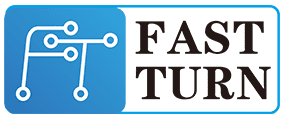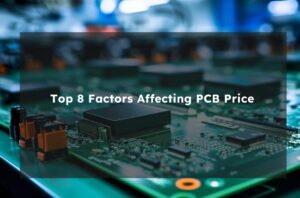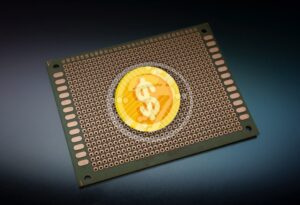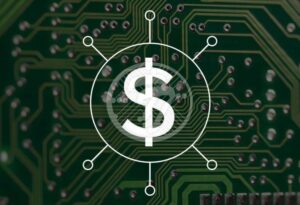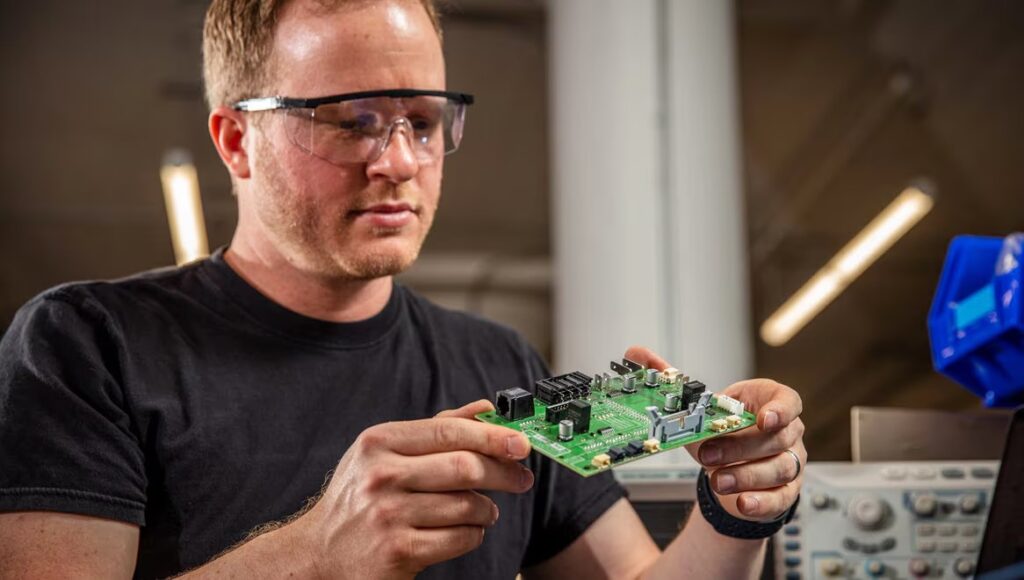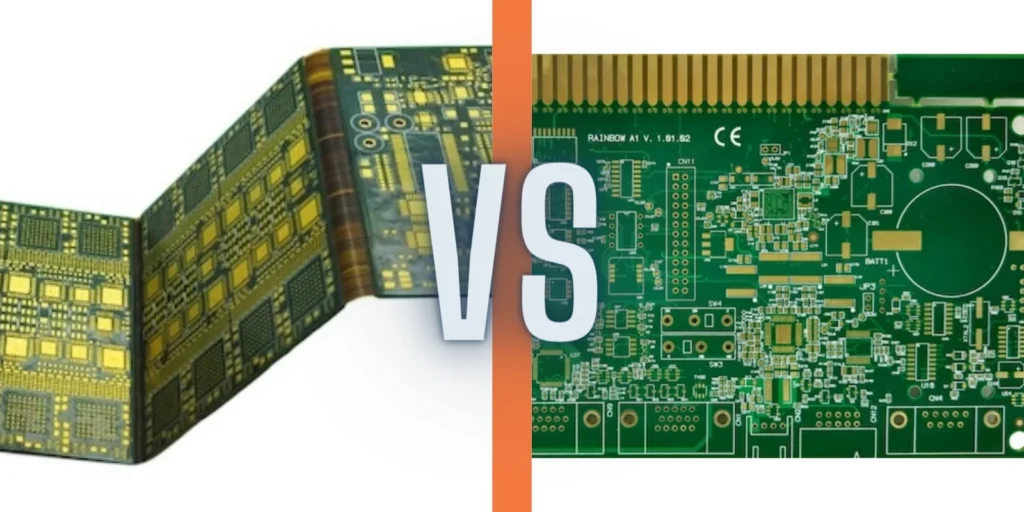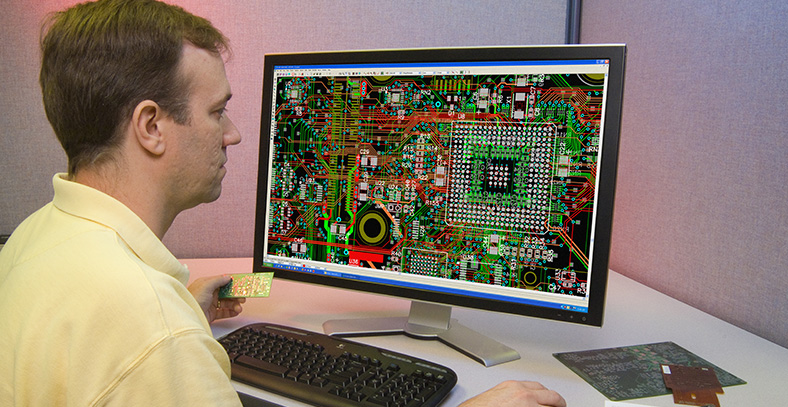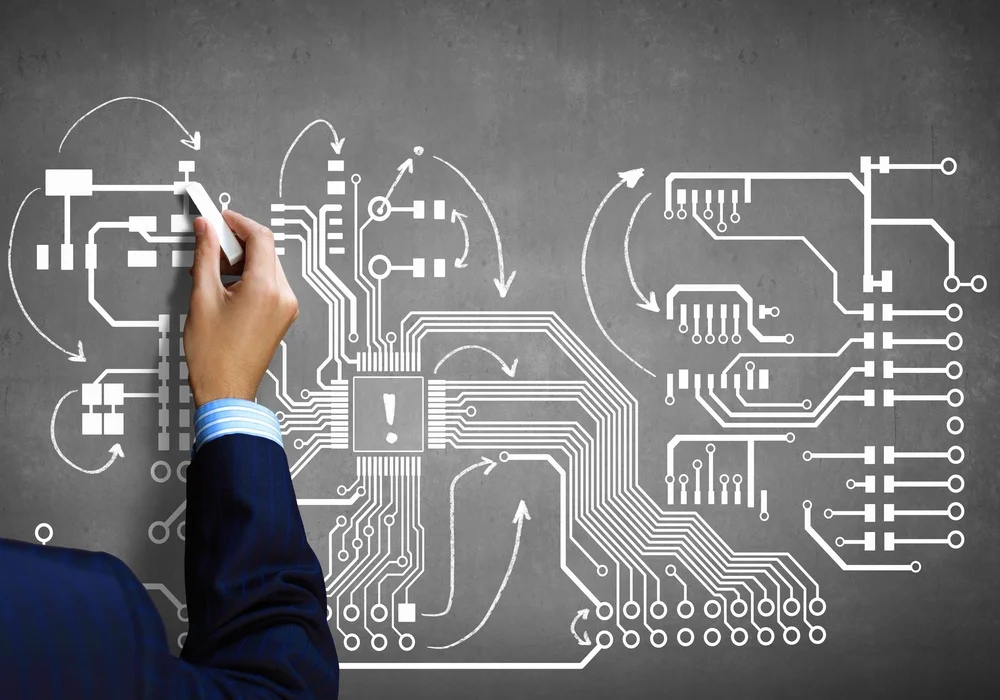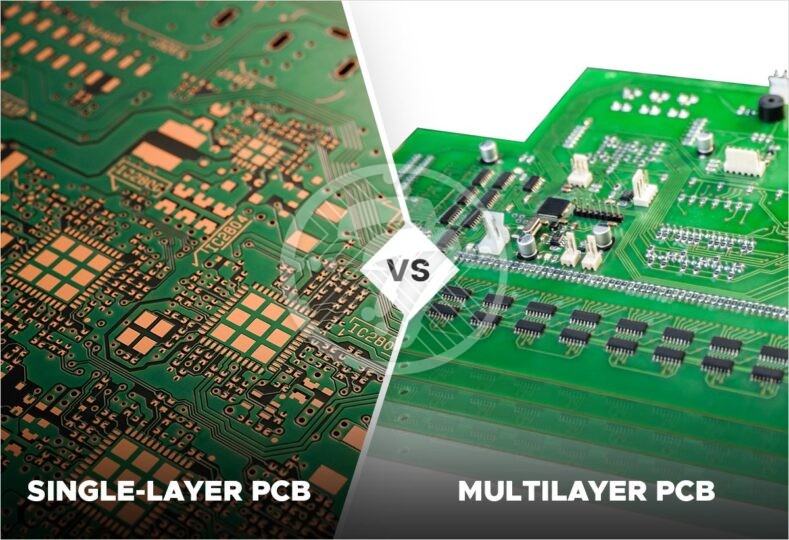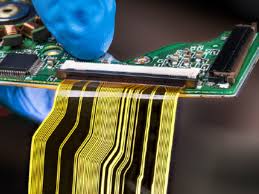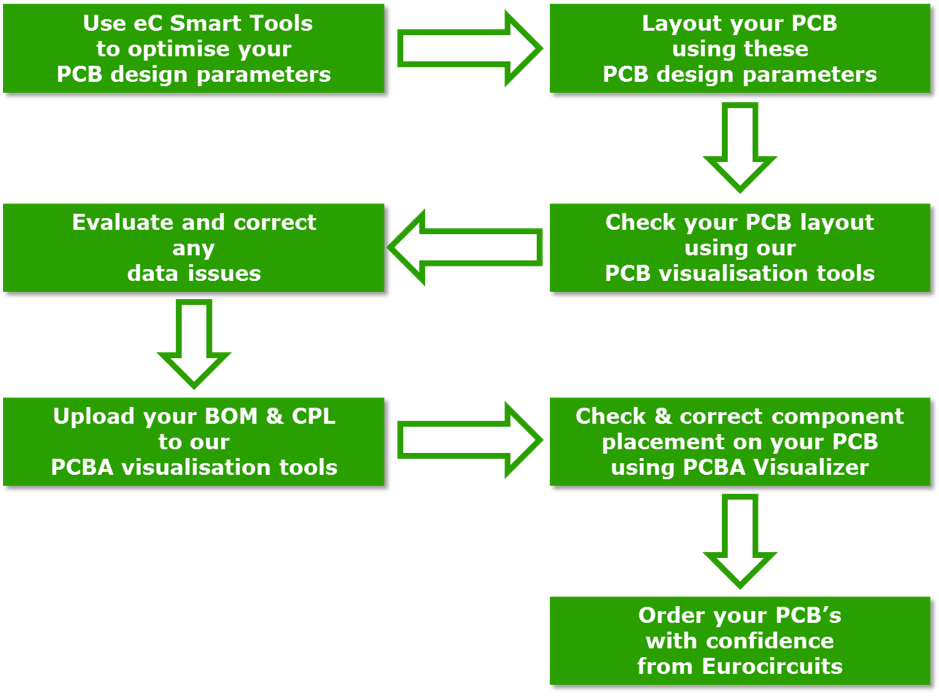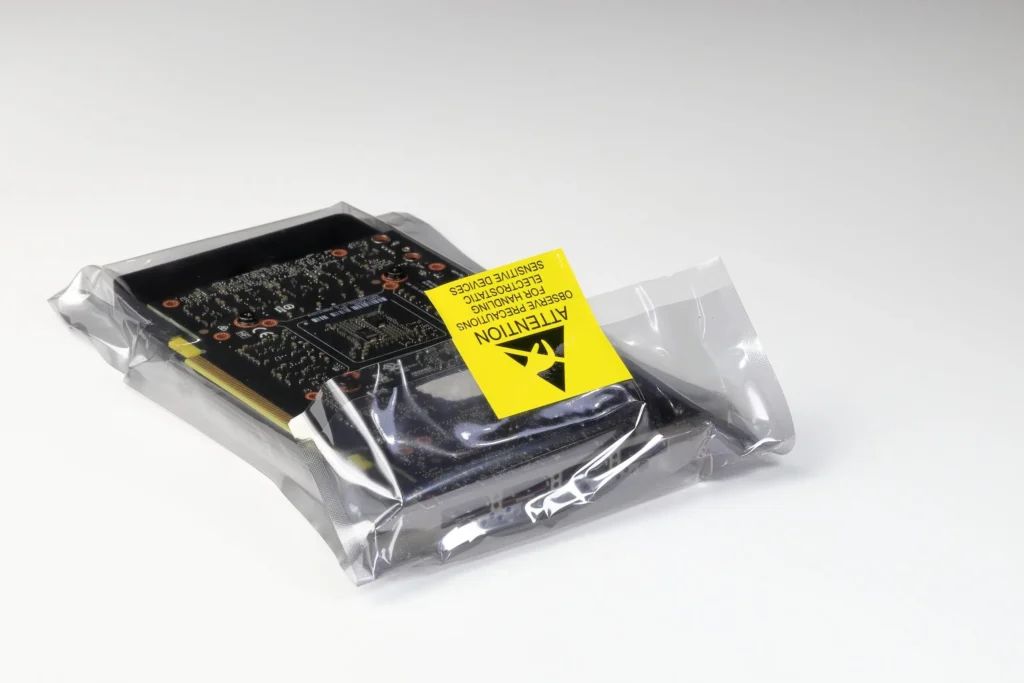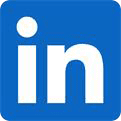1: Materials used for PCB
Taking ordinary double-sided boards as an example, the board material generally includes FR4, with thicknesses ranging from 0.2mm to 3.0mm and copper thicknesses ranging from 0.5oz to 3oz, which creates a huge price difference in terms of materials; In terms of solder mask ink, there is also a certain price difference between ordinary thermosetting oil and photosensitive green oil.
2: Surface treatment process of PCB
Common processes include OSP (antioxidant), lead based tin spraying, lead-free tin spraying (environmentally friendly), gold plating, gold deposition, and some combination processes, etc. Different processes have differences in price.
3: Difficulty in PCB design requirements
There are 1000 holes on both types of circuit boards. If the hole diameter of one board is greater than 0.2mm and the hole diameter of the other board is less than 0.2mm, different drilling costs will be formed; If the other two types of circuit boards are the same, but the line width and distance are different, one is greater than 4mil and the other is less than 4mil, it will also affect production costs; Secondly, there are also some unconventional board designs that require additional costs, such as different requirements such as half holes, buried blind holes, in tray holes, and button boards.
4: The thickness factor of copper foil
Common copper platinum thicknesses include 18um (1/2OZ), 35um (1OZ), 70um (2OZ), 105um (3OZ), 140um (4OZ), etc. The thicker the copper foil, the higher the price.
5: Customer’s quality acceptance standards
Commonly used are IPC2, IPC3, enterprise standards, etc. The higher the acceptance standard, the higher the price.
6: Mold and testing fees
1) The cost of molds is generally based on drilling and milling shapes for making samples and small batch production, so there will be no additional milling fees. When making large batches, it is required to open molds and punch plates, resulting in a set of mold costs.
2) Testing fee: The prototype is generally tested using flying needles, and the board factory generally charges testing fees of varying prices.
7: Payment method
The shorter the payment time, such as cash payment, the lower the price.
8: Order quantity and delivery time
1) The smaller the quantity, the more expensive the price is, because even for 1 PCS, the board factory needs to do engineering data and produce film, and the entire production process needs to be run once.
2) Delivery date: The data to be delivered to the PCB factory must be complete (GERBER information, number of layers, thickness, surface treatment, ink color, character color, and some special requirements must be clearly written)
